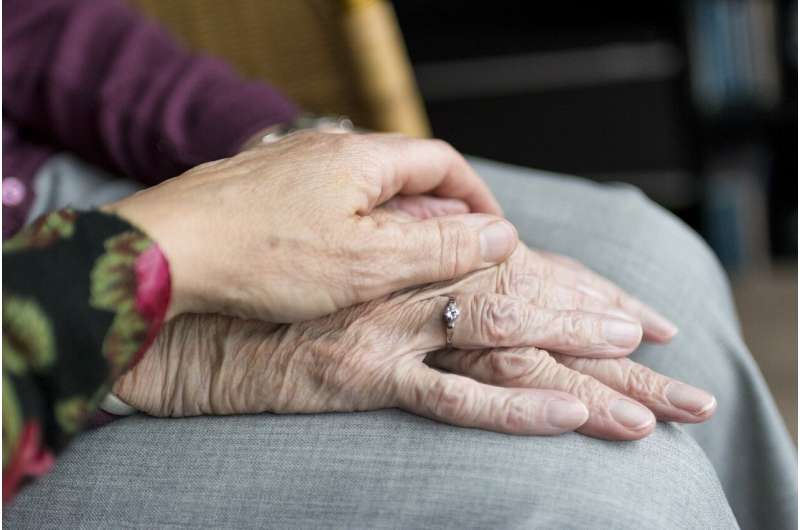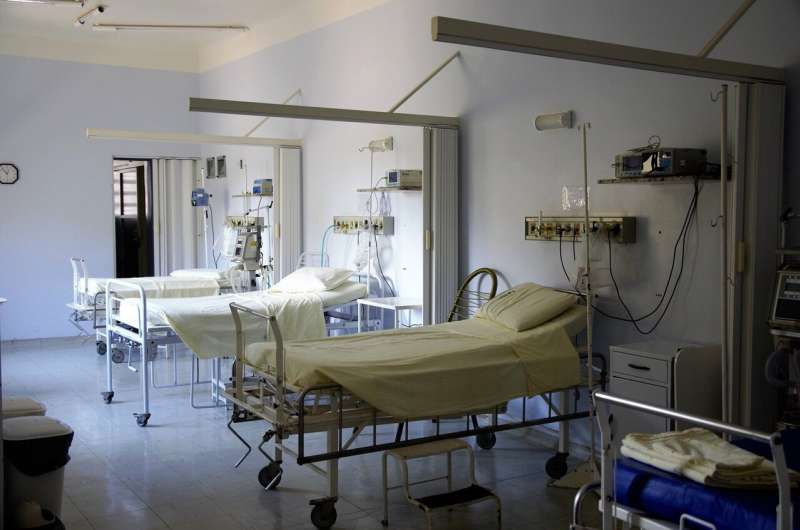Gene Mutations Associated with Poorer Outcomes in Stomach Cancer: Advances in Personalized Treatment

Recent research utilizing advanced DNA sequencing techniques has uncovered specific genetic mutations that influence the progression and prognosis of stomach, or gastric, cancer. Researchers identified four key genes—BRCA2, CDH1, RHOA, and TP53—whose mutations are linked to higher rates of cancer recurrence and increased mortality among patients who have undergone surgery and chemotherapy for gastric cancer. Approximately one-third of the studied patients exhibited mutations in these genes, indicating a significant correlation between genetic profiles and disease outcomes.
These findings suggest that not all stomach cancers are biologically identical. Traditionally, treatment strategies have involved uniform approaches such as surgery combined with chemotherapy. However, the discovery of these genetic differences opens the door to more personalized treatment plans tailored to each tumor’s molecular makeup.
The study, led by Dr. Ulysses Ribeiro from the Instituto do Câncer do Estado de São Paulo, emphasizes the importance of integrating genetic testing into clinical practice. By correlating specific mutations with patient survival rates, medical professionals could better predict disease progression and customize therapies accordingly.
The researchers are also exploring ways to translate these genetic insights into more accessible testing methods, such as immunohistochemistry, which detects protein expression levels associated with genetic mutations. This approach aims to make genetic screening more affordable and widely available in everyday healthcare settings.
Importantly, this study focused on a Western population, which has historically been underrepresented in gastric cancer research, as most studies have been conducted in East Asia where the disease is more prevalent. The results underscore the potential for wider application of personalized medicine in gastric cancer treatment across diverse populations.
While additional research is needed before these findings can be incorporated into standard medical practice, they mark a significant step toward more individualized and effective therapies, potentially leading to improved survival rates and quality of life for gastric cancer patients.
For further details, see abstract 152 of the DDW 2025 conference.
source: https://medicalxpress.com/news/2025-04-gene-mutations-linked-worse-outcomes.html
Stay Updated with Mia's Feed
Get the latest health & wellness insights delivered straight to your inbox.
Related Articles
Healthcare Organizations Address the Growing Crisis of Elder Homelessness in the U.S.
Healthcare organizations are expanding their roles to combat the rising epidemic of elder homelessness, linking medical care with housing solutions to support vulnerable seniors across the U.S.
Walking Speed as a Key Indicator for Reduced Lung Cancer Risk
New research highlights the importance of walking speed as a simple yet effective indicator for reducing lung cancer risk and enhancing overall health. Fast walkers show significantly lower cancer incidences, supporting physical activity as a key preventive measure.
Sustainable Practices in Healthcare: Is Reusing Medical Equipment Safe?
Exploring the safety and environmental benefits of reusing medical equipment, a recent study highlights sustainable solutions in healthcare that do not compromise patient safety while significantly reducing waste and emissions.



